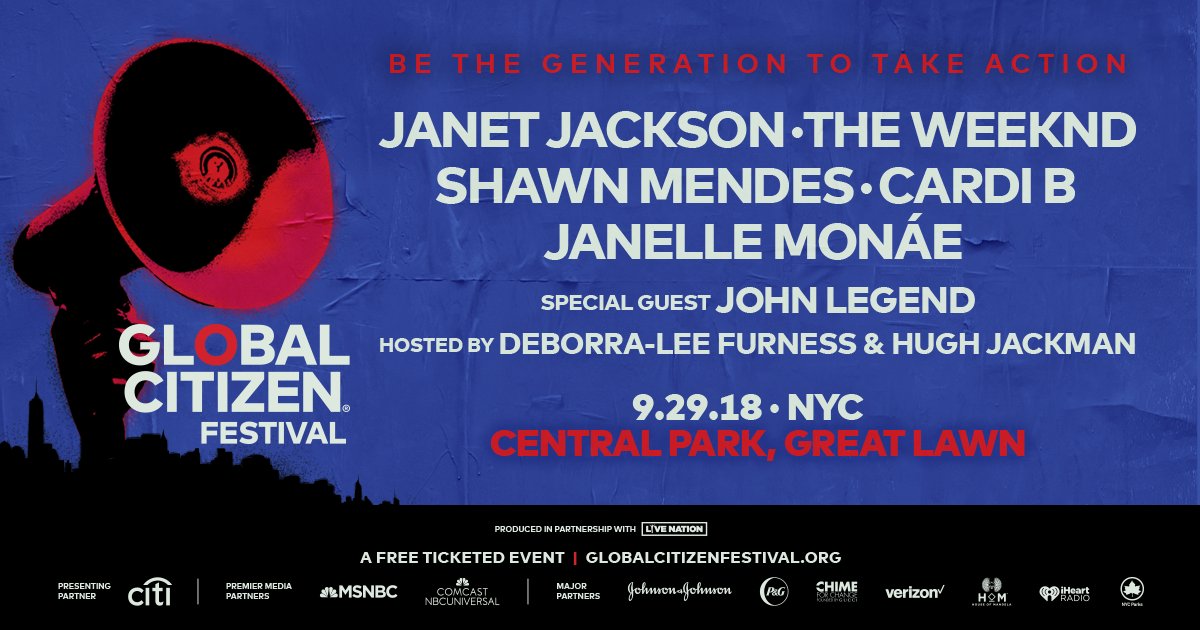The biggest lottery in life is, without a doubt, where you’re born.
So much is already predetermined from the moment you take your first breath: literacy rates in your country, your access to health care, malnutrition rates, even your life expectancy, or worse, your chances of infant mortality.
Where we’re born or what family we’re born into is completely out of our control.
What some of us can control, however, is how we use our privilege to help those who are born into much less privileged communities and countries.
Take Action: Call on the Canadian Government to Support the Global Financing Facility
The gap between those who are born with access to quality health care and those who are born in a place where infants may not live past 5 years old is significant — in fact, it’s a gap that requires $33.3 billion in order to close it.
This is where the Global Financing Facility (GFF) comes in. What is possibly the world’s largest effort to level that playing field attempts to provide others with a shot at a healthy life — or, at the very least, at surviving the first few years.
The #GFF is the mechanism for women, children and adolescents that’s helping countries transform how they invest in and finance health and nutrition. Watch our video to see what we do and why. #globalhealth#GlobalGoals#SDGs#Fin4Devpic.twitter.com/meyMZMzzmI
— The GFF (@theGFF) August 14, 2018
The GFF isn’t there to dictate what other countries should do. It provides financing that’s flexible for existing governments and institutions to empower themselves. It helps with the preparatory work and provides the technical assistance needed to determine the individual priorities that will help each country reach their specific health-related goals.
This means eliminating bottlenecks in health care systems, collecting data, and finding cost-efficient — but sustainable — interventions. The GFF works with ministries of finance and health in the respective countries to allocate existing and additional resources to wherever they are most needed — often to the frontlines of health care.
In the northeast states of Nigeria, for example, the GFF worked with local governments to re-establish services such as psychosocial support, mental health, and maternal, newborn, and child health and nutrition support.
In another example, the GFF enabled Liberia to invest in quality emergency care in both obstetric and newborn care and adolescent health. The country has also been able to empower their people through community engagement and management, and has set up civil registration to collect the necessary health data — such as births and deaths — to be able to measure progress.
The GFF started in July 2015 in Addis Ababa, Ethiopia, when the World Bank Group and the United Nations sat down with one goal: to improve maternal health worldwide. Help women, children, and adolescents, and that will help the future.
The funding from the GFF would support Every Woman Every Child, an international commitment to keep women's, children's and adolescents' health and well-being at the heart of development. The plan was to help transition countries from low- to middle-income status and plan sustainable investments to improve women’s, children’s, and adolescents’ health, nutrition and well-being.
Gov't of #Nigeria in partnership with #GFF, @WorldBank & other partners has mobilized additional financing to invest in health & nutrition of the poorest women, children & adolescents & catalyze change for all Nigerians. Learn more: https://t.co/lMrGXfVBGX@Fmohnigeria@AsoRockpic.twitter.com/4ehK1o5sVR
— The GFF (@theGFF) August 16, 2018
Three years later, the GFF has reached more than half its goal when it comes to recipient countries. It’s been able to support 27 countries so far, with Mali being the most recent addition, joining in June 2018.
The goal now is to support the 50 countries that have asked to join the GFF by 2023. After that, it looks to improve the essentials that many developed nations take for granted: Reduce the rate of global maternal mortality to less than 70 per 100,000 births, and reduce the rate of children under 5 years old dying to 25 deaths per 1,000 people by 2030.
There are a lot of stakeholders behind it, including the United Nations, the World Health Organization, Gavi, the Vaccine Alliance, and the Global Fund to Fight AIDS, Tuberculosis, and Malaria. In terms of contributors, the GFF trust fund is funded by the governments of Canada, Norway, and the United Kingdom, plus the Bill & Melinda Gates Foundation and MSD for Mothers.
Many maternal and child deaths are preventable. Sometimes something as simple as providing family planning services can help women space out their births, and therefore give birth to healthy newborns. These newborns, in turn, grow to become a generation of healthy people, who will start a cycle of prosperity for their community and country.
Lifting a country from low to middle income starts at the birth of the population. When the missing piece in a healthier world is filling a gap in funding, there is nothing more deserving of a collective, international financing effort.
The 2018 Global Citizen Festival in New York will be presented for the very first time by Citi. MSNBC and Comcast NBCUniversal will air a live simulcast of the Festival on MSNBC and MSNBC.com. The Festival will also be livestreamed on YouTube and Twitter, presented by Johnson & Johnson.
Proud partners of the 2018 Global Citizen Festival include Global Citizen’s global health partner and major partner Johnson & Johnson, and major partners P&G, CHIME FOR CHANGE Founded by Gucci, Verizon, House of Mandela, iHeartMedia, and NYC Parks. Associate partners include Microsoft, Great Big Story, and One Championship.
